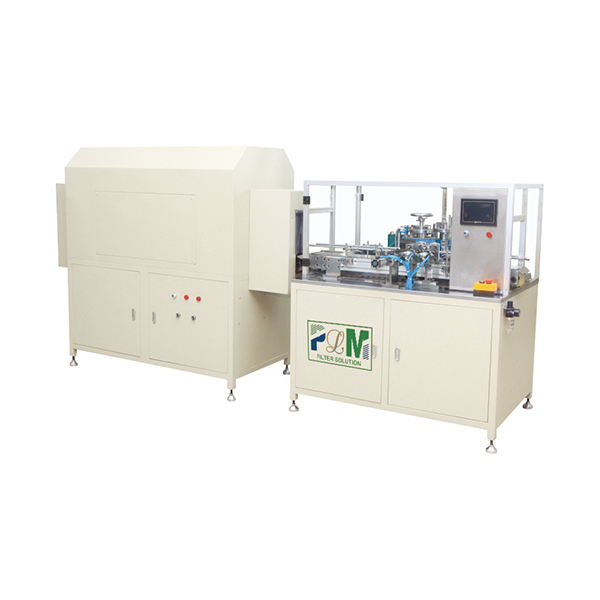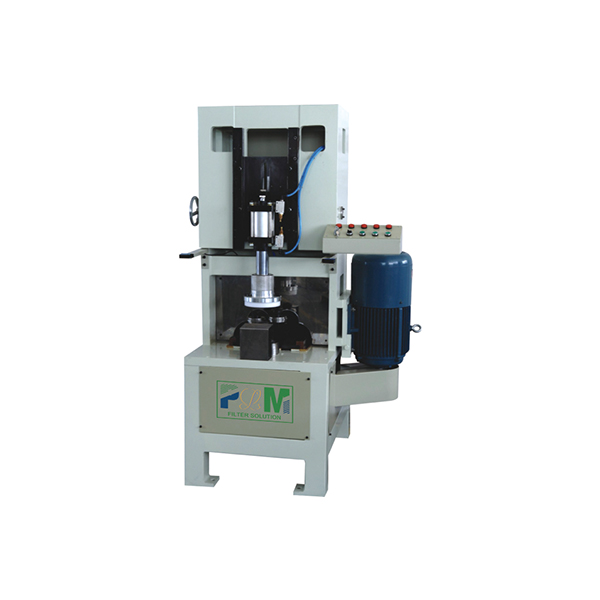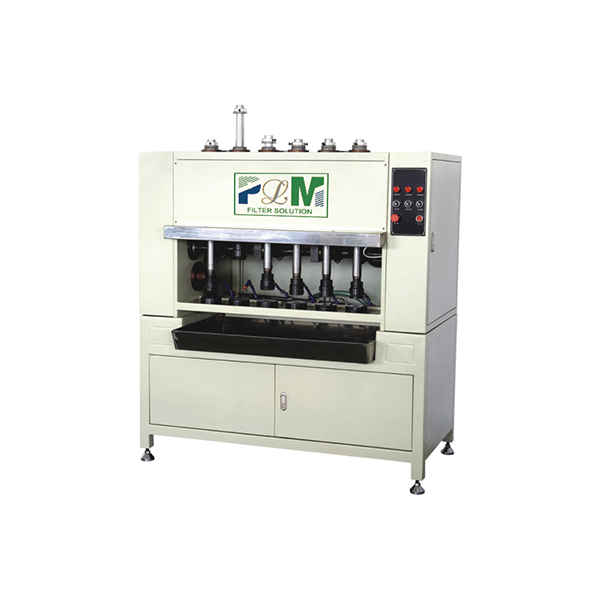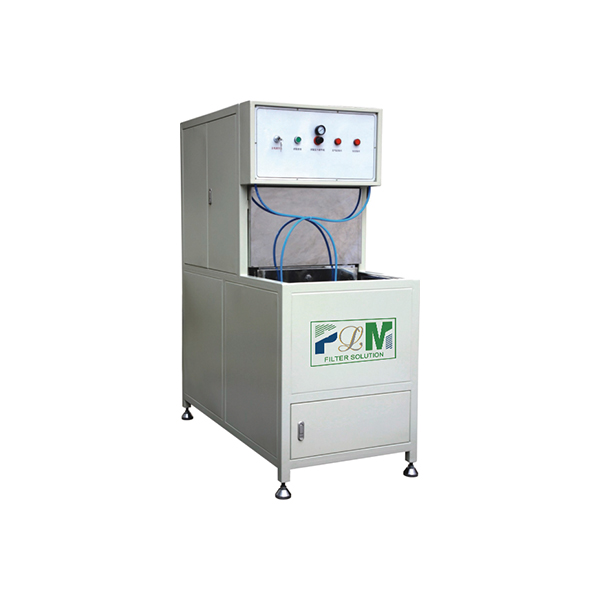
- Afrikaans
- Albanian
- Amharic
- Arabic
- Armenian
- Azerbaijani
- Basque
- Belarusian
- Bengali
- Bosnian
- Bulgarian
- Catalan
- Cebuano
- China
- China (Taiwan)
- Corsican
- Croatian
- Czech
- Danish
- Dutch
- English
- Esperanto
- Estonian
- Finnish
- French
- Frisian
- Galician
- Georgian
- German
- Greek
- Gujarati
- Haitian Creole
- hausa
- hawaiian
- Hebrew
- Hindi
- Miao
- Hungarian
- Icelandic
- igbo
- Indonesian
- irish
- Italian
- Japanese
- Javanese
- Kannada
- kazakh
- Khmer
- Rwandese
- Korean
- Kurdish
- Kyrgyz
- Lao
- Latin
- Latvian
- Lithuanian
- Luxembourgish
- Macedonian
- Malgashi
- Malay
- Malayalam
- Maltese
- Maori
- Marathi
- Mongolian
- Myanmar
- Nepali
- Norwegian
- Norwegian
- Occitan
- Pashto
- Persian
- Polish
- Portuguese
- Punjabi
- Romanian
- Russian
- Samoan
- Scottish Gaelic
- Serbian
- Sesotho
- Shona
- Sindhi
- Sinhala
- Slovak
- Slovenian
- Somali
- Spanish
- Sundanese
- Swahili
- Swedish
- Tagalog
- Tajik
- Tamil
- Tatar
- Telugu
- Thai
- Turkish
- Turkmen
- Ukrainian
- Urdu
- Uighur
- Uzbek
- Vietnamese
- Welsh
- Bantu
- Yiddish
- Yoruba
- Zulu
Aug . 05, 2025 15:10 Back to list
High-Performance Car Air Filters
Modern automotive engineering has reached unprecedented levels of sophistication, yet one of the most critical components for engine performance remains the humble Car Filter. High-performance variants of these essential parts have become a focal point for enthusiasts and everyday drivers alike, offering measurable improvements in power output, fuel efficiency, and engine longevity. This comprehensive analysis explores the technological advancements that distinguish premium Air Filter For Car applications from their conventional counterparts, while examining their relationship with cabin Air Purifier Filter systems in today's vehicles.
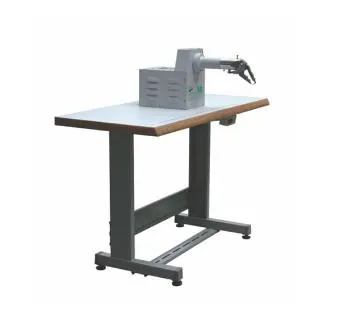
High-Performance Air Purifier Filter Systems
The fundamental purpose of any Car Filter system is to protect engine components from harmful contaminants while allowing sufficient airflow for optimal combustion. High-performance variants achieve this through several key engineering innovations:
Advanced Media Materials: Unlike standard paper filters, performance versions utilize layered synthetic materials or oiled cotton gauze that provide less airflow restriction while capturing smaller particles.
Optimized Pleat Designs: The geometric arrangement of filter pleats significantly impacts both airflow and filtration efficiency. Performance filters employ:
Variable pleat spacing to prevent media collapse
Three-dimensional wave patterns that increase surface area
Reinforced backing screens for structural integrity
Precision Sealing Systems: Preventing unfiltered air bypass is crucial, leading to innovations like:
Molded polyurethane gaskets that conform perfectly to airbox surfaces
Radial compression seals that maintain tension during vibration
High-temperature adhesives that withstand engine compartment heat
The relationship between engine Air Filter For Car systems and cabin Air Purifier Filter technology has grown closer in recent years, with many manufacturers adopting similar filtration media and design philosophies for both applications.
Car Filter:Benefits and Real-World Testing Data
Independent dyno testing and controlled fleet studies have quantified the advantages of high-performance Car Filter systems across multiple vehicle platforms:
Power Gains: Properly designed performance filters can yield 3-8 additional horsepower in naturally aspirated engines, with turbocharged applications seeing even greater benefits due to reduced pre-turbo restriction
Throttle Response: Reduced airflow resistance translates to quicker turbo spool times and improved transient response, particularly noticeable in stop-and-go driving
Fuel Efficiency: Testing by SAE International has documented 1-4% improvements in fuel economy during highway cruising conditions
Engine Protection: Microscopic analysis of used engine oil reveals significantly lower silicon content (indicating less dust ingestion) with premium filters
The performance Air Filter For Car market has evolved beyond simple bolt-on modifications, with complete systems now available that integrate:
Velocity stacks for improved airflow dynamics
Heat shields to isolate intake air from engine compartment temperatures
Resonator chambers that tune intake frequencies for power gains
These systems work in concert with modern Air Purifier Filter technologies to create a comprehensive vehicle filtration strategy that benefits both mechanical systems and passenger comfort.
Emerging Technologies of Car Filter
Manufacturing Breakthroughs: Such as:
AI-assisted pleat pattern design
Automated quality inspection using machine vision
These advancements will further enhance the functionality of the engine Car Filter system, optimize engine performance and passenger environmental quality.
FAQs About High-Performance Car Filters
What makes high-performance Car Filter systems different from regular filters?
High-performance filters utilize advanced materials and engineering designs that reduce airflow restriction while maintaining or improving filtration efficiency. They feature specialized media like oiled cotton or synthetic fibers, precision-engineered pleat patterns, and superior sealing systems that work together to improve engine breathing without compromising protection.
How often should performance Air Filter For Car applications be serviced?
Service intervals vary by product type and driving conditions. Always consult the manufacturer's recommendations and inspect filters regularly in dusty environments.
Can a high-performance filter improve my vehicle's Air Purifier Filter effectiveness?
While engine and cabin filtration systems operate independently, a high-performance intake filter can reduce overall engine contaminants, which may indirectly benefit the cabin environment by preventing some particles from entering the vehicle's ventilation system in the first place.
Are there any drawbacks to using performance Car Filter products?
Potential considerations include higher initial cost, more involved maintenance for washable filters, and the need for proper installation to ensure no unfiltered air bypass occurs. Some extremely high-flow filters may also require modifications to the vehicle's mass airflow sensor calibration.
How do I choose the right performance Air Filter For Car applications?
Consider your vehicle's specific requirements, typical driving conditions, and performance goals. Research independent test data, verify that products meet relevant industry standards , and consult with manufacturers or experienced technicians familiar with your particular vehicle platform.
As vehicle technology continues evolving, high-performance Car Filter systems will play an increasingly important role in:
Supporting more efficient combustion in next-generation engines
Protecting sophisticated emissions control equipment
Complementing hybrid and electric vehicle thermal management systems
The parallel development of cabin Air Purifier Filter technology will likely see further integration with engine air systems, potentially leading to comprehensive vehicle air management platforms that optimize both mechanical performance and passenger health. With stricter air quality regulations and higher consumer expectations, the humble air filter's role in automotive engineering has never been more critical or technologically advanced.
active carbon air filter for air purifier – Odor/VOC Control
NewsNov.17,2025Replacement Dyson Carbon HEPA Air Filter – High Efficiency
NewsNov.17,2025Active Carbon Air Filter for Air Purifier | High Adsorption
NewsNov.17,2025Active Carbon Air Filter for Air Purifier | Odor & VOC Control
NewsNov.17,2025Active Carbon Air Filter for Air Purifier | Odor & VOC
NewsNov.17,2025Sintered Porous Metal Filter Tube Cup | 5 Micron, SS316L
NewsNov.11,2025
